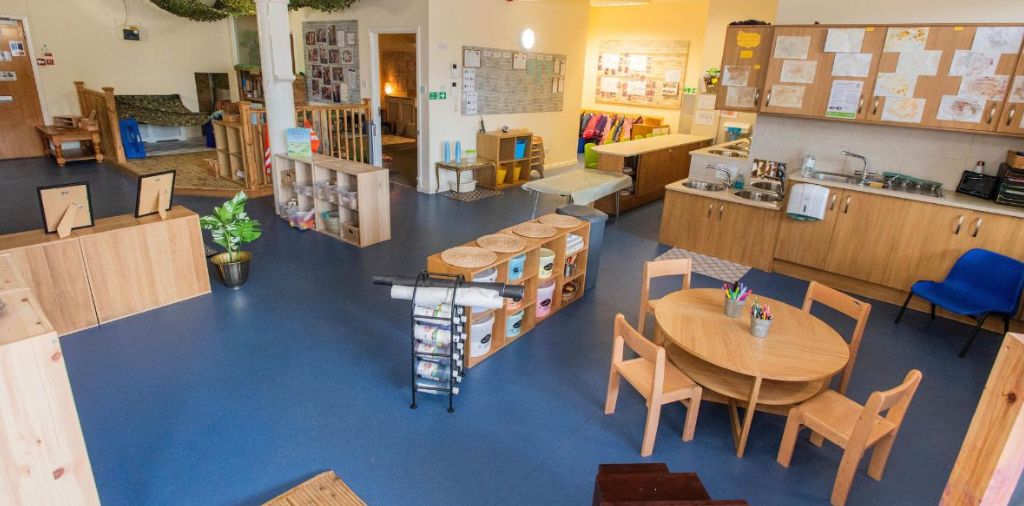The former owner of a group of nurseries is returning to the early years sector with the acquisition of a…
Private nurseries faced more barriers to EYFS reform

Private and voluntary sector nurseries faced more barriers to implementing early years reforms than childminders and school-based settings, according to government research.
Research commissioned by the Department for Education found 30% of private, voluntary and independent sector (PVI) nurseries reported barriers to implementing reforms to the EYFS introduced in 2021, compared to 7% of childminders, 25% of Reception class leaders and 28% of school-based settings. The most common barrier was lack of time, followed by lack of guidance, late guidance, and lack of support.
Just over half of leaders in PVI settings (55%) received support from local authorities to implement the reforms, compared to two-thirds of school-based settings (66%). Just under two-thirds (65%) of PVI leaders thought the reforms had a positive impact on children’s learning and development, including better quality interactions with staff (58%) and improved communication and language (32%).
The research found most (94%) of leaders in PVI nurseries had reviewed their curriculum and approach to learning and development following the EYFS reforms, and 87% had made changes as a result. Three quarters (74%) of those who had made changes reported that teaching had improved.
Most leaders in PVI settings (84%) have also changed their approach to assessment following the reforms. The majority of those who had made changes reported that time on assessment paperwork had reduced, and that practitioners were able to spend more time with children.
The EYFS reforms included the addition of a requirement to promote children’s oral health. Just over half of all PVI nursery leaders (58%) have made changes to their approach to oral health following the reforms. These included talking more to children about their oral health and reading stories about oral health-related topics like dentist visits and healthy eating.
Latest News
Emperor Nurseries has acquired Dragonflies Childcare, an early years setting in Hampshire, in a deal facilitated by specialist business property…
Small nursery group Leaps and Bounds (Scotland) has acquired Abbey Mill Childcare in a deal facilitated by Redwoods Dowling Kerr…




